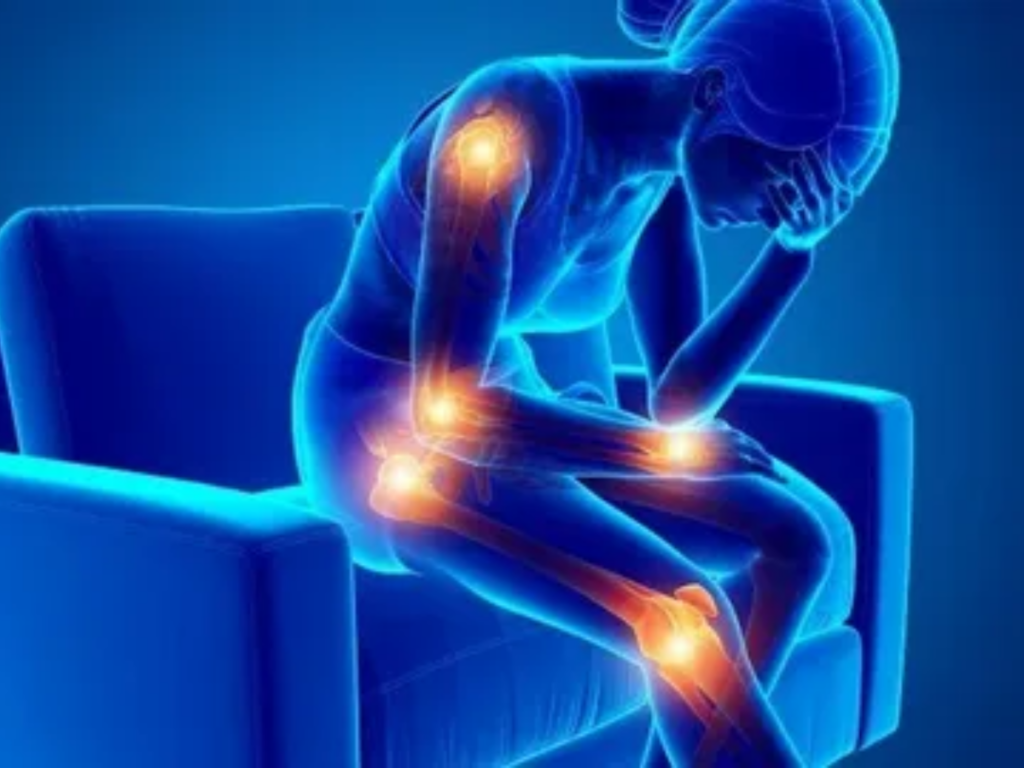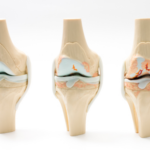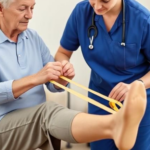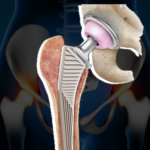
Arthritis is one of the most prevalent conditions causing joint pain for millions of people across the globe. Pain, stiffness, and inflammation that characterize arthritis can be very debilitating, making it difficult for the patient to move about freely to accomplish the easiest tasks like walking, bending, or even sitting. Nevertheless, with the right treatment plan, mobility can be reinstated into one’s life, making one’s quality of life better.
This blog would take you through the types of arthritis, common symptoms, and most effective treatment options available-from non-surgical methods to advanced surgical interventions.
What is Arthritis?
Arthritis is that condition described as an inflammation in the joints. This is the area where two or more bones meet. It’s a condition that affects older adults, but it does exist among people of all ages.
•Osteoarthritis (OA): This is a degenerative joint disease that occurs when the cartilage, which cushions the joints, begins to break down over time. OA generally affects weight-bearing joints such as the knees, hips, and the spine.
•Rheumatoid Arthritis (RA): An autoimmune disease in which the body’s immune system mistakenly attacks healthy joint tissues leading to inflammation and possibly damage to the joints. The most common parts affected by RA are the hands, wrists, and knees.
Both forms of arthritis lead to chronic pain and discomfort, swelling, stiffness, and loss of full range of motion in the joint, so finding successful treatments that counteract the impairment can be quite challenging.
Overarching Symptoms of Arthritis
Arthritis symptoms are often described as somewhat mild to severe, but common complaints include:
•The persistent joint pain – that is exacerbated with movement or, sometimes, at night
•Swelling around the affected joints
•Stiffness, especially in the morning or after hours of inactivity
•Limited range of motion; difficulty carrying out usual daily activities
•The joint feels warm or red
If you experience any of the symptoms mentioned, you should consult a health professional who will diagnose the condition and recommend treatment options for you.
Arthritis Treatment Options
Arthritis is usually managed with the use of lifestyle adjustments, medications, physical therapy, and in some cases, surgery. The main aim of the treatment is to control pain, improve joint functioning, and reduce chances of additional damage.
Non-Surgical Treatments
1. Medications:
Several drugs are prescribed for the purpose of relieving arthritis pain and inflammation. Over the counter, the most common ones will be the pain relievers such as acetaminophen and nonsteroidal anti-inflammatory drugs or NSAIDs for mild to moderate pain. In rheumatoid arthritis, DMARDs or biologics can often be prescribed to reduce inflammation and slow disease progression.
2. Physical Therapy:
Physical therapy plays an important role in arthritis management. A trained therapist can develop a personalized exercise program that, collectively, strengthens the surrounding muscles around the affected joint, develops flexibility, and helps reduce pain. Physical therapy sessions will also allow for increased mobility and avoidance of joint stiffness.
3. Lifestyle Changes:
Keeping the weight right is an important matter that helps reducing stress on the joints, especially on the knees and hips. To keep the joints loose, swimming and cycling can be done regularly without adding too much pressure to the joints. The surroundings can also be modified by wearing supportive shoes or with assistive devices, such as canes and knee supports.
4. Injections:
Corticosteroid injections can be quite helpful for a short period in reducing inflammation and pain. They are often applied when osteoarthritis occurs and flare-ups are anticipated. Hyaluronic acid injections may also be used in the management of osteoarthritis, especially in the knee, as they provide an effect of lubrication and enhance the range of movement within the joint.
Arthritis Surgical Interventions
When nonsurgical treatments become ineffective, surgery may be required to manage the symptoms of arthritis. It can also provide pain relief and restore functionalities so that one can live a better life.
1. Joint Replacement Surgery:
In many cases, joint replacement surgery is the only treatment that works well with patients suffering from severe arthritis in the hip or knee. It involves removing the painful joint by replacing it with a prosthetic allowing more flexible movement and reduced pain. The treatment is typically recommended when arthritic conditions limit daily activities severely.
2. Arthroscopy:
Arthroscopy is a minimally invasive surgical procedure in which small incisions are made, and a tiny camera is inserted into the joint. It allows surgeons to use specialized instruments to remove damaged cartilage, smooth out rough surfaces, or perform other repairs. It is often used for knee arthritis, and it can relieve pain and bring back joint functionality.
3. Osteotomy:
This surgical procedure requires realigning the bones surrounding the diseased joint to improve weight distribution along with less pressure on the diseased site. Osteotomy is usually recommended for the arthritic knee and may sometimes delay the need for the implantation of a joint substitute.
When to Get Medical Care
If arthritis symptoms are interfering with your daily life, it’s time to seek medical attention. Early intervention can help to avoid further joint injury and enhance long-term outcomes. A doctor specializing in arthritis can recommend an individualized treatment plan based on your specific condition, goals, and lifestyle.
Summary
Arthritis is another common joint problem that comes with pain, swelling, and stiffness. However, this can significantly affect your quality of life. Thus, proper treatment can effectively manage symptoms, allowing you to regain your mobility. The treatments may be non-surgical, like medications and physical therapy, or advanced surgical procedures, such as joint replacement surgery. Early intervention is therefore the first step in effective management of the disease.
The best orthopedic surgeon, Dr. Saurabh Giri in PCMC, Pune, specializes in arthritis treatment along with other joint-related problems at his clinic, Hospital. He has more than 10 years of experience in his medical practice and performs a variety of treatments to manage the pain during arthritis as well as enhances joint mobility. To get the best treatment possible for your arthritis, visit Hospital in PCMC, Pune.
Visit us today to arrange your consultation and get the first step closer to a life free from pain!




